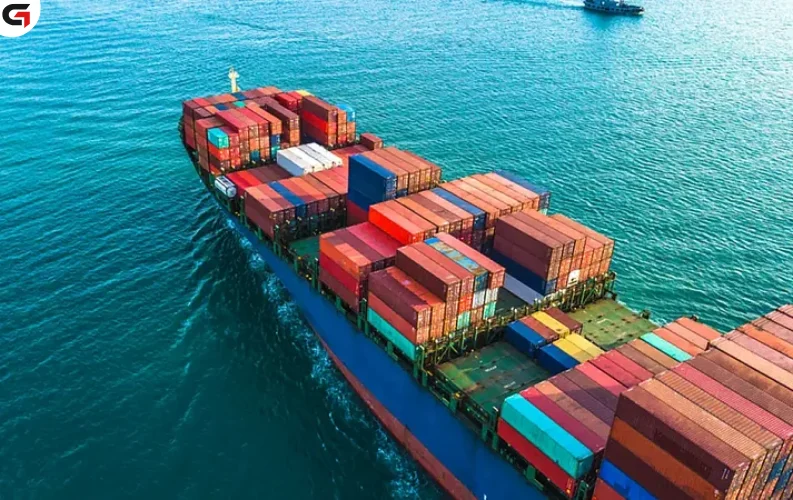As tensions rise following recent US-Iran escalations, Gulf-region businesses and shipping operators are reevaluating contingency plans in the event of a potential closure of the Strait of Hormuz, a move that could severely impact global energy and trade flows.
The narrow waterway, which handles nearly 20% of the world’s oil supply, has remained open for now despite Iran’s parliamentary vote in favor of blocking the route in retaliation for US strikes on Iranian nuclear facilities over the weekend.
Businesses Staying Vigilant
"Commercial vessels continue to pass through the Strait of Hormuz," confirmed Sajith Marakar, Managing Director at Abu Dhabi-based marine survey firm Consolidated Bureau. However, he warns that insurance disruptions could bring operations to a halt if the route is designated a war zone. “Cargo insurers and P&I Clubs may refuse coverage, essentially grounding vessels,” he added.
That could leave Gulf exporters with no choice but to consider longer, costlier shipping paths—a familiar challenge after Houthi attacks in the Red Sea forced detours around the Cape of Good Hope last year.
Supply Disruption Concerns Grow
If the Strait were closed, ports in Bahrain, Kuwait, Dammam, and Qatar would experience significant shipment delays. “Transshipment cargo already piled up at UAE ports during the Red Sea disruption,” Marakar pointed out. “A closure now could lead to supply chain bottlenecks and price hikes across Gulf markets.”
Overland Routes May Offer Short-Term Relief
For intra-GCC movement, logistics companies may increasingly turn to road freight. “Southern ports in the UAE and Oman, coupled with the region’s strong road infrastructure, could temporarily sustain supply chains,” said Marakar.
Despite uncertainty, the shipping route remains operational, but companies are wasting no time in planning for worst-case scenarios.




















